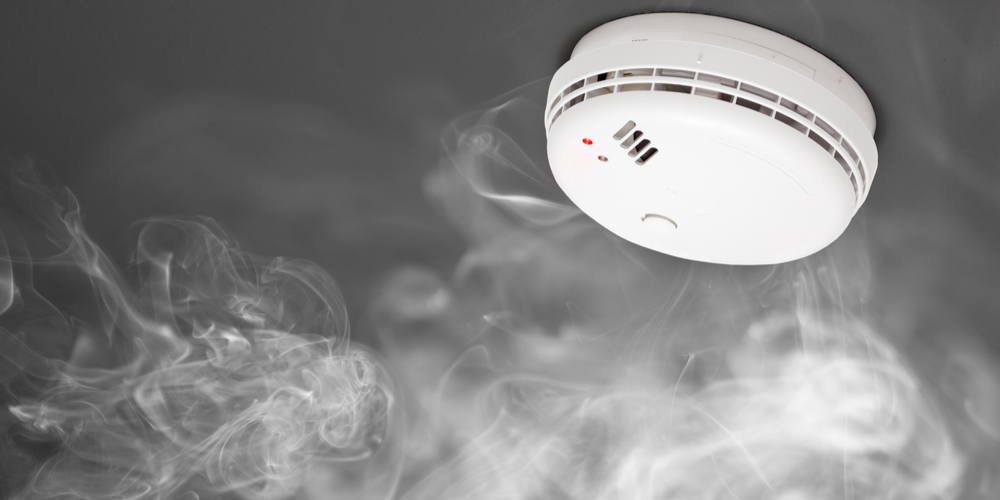
Keeping your household safe can incorporate several measures; this may include everything from keeping stairs clear to installing smoke alarms.
First-aid kit
Every household should have a first aid kit which should include sterile gloves, sterile dressings, a number of differently sized bandages, adhesive tape, strips or patches, antibiotic ointment, a thermometer, an ice pack and any prescription medications which you may take on a regular basis to treat a pre-existing condition. It may also be beneficial to carry a nebuliser and a blood pressure gauge. For those who suffer from allergies, diabetes or asthma it may be essential to carry medication with you at all times.
Removing obstacles
The outside of the house should be kept clear especially in areas where people often walk or run, such as a garden; this may include removing tree branches or roots and tidying up toys and bikes. The same caution should be taken inside, particularly on the stairs where it can be easy to trip; falling down the stairs can have serious implications, especially for young children and older, more vulnerable people.
Monitor appliances
Carbon monoxide can be extremely dangerous can be fatal in some cases; faulty or old appliances such as boilers or cooling units can be causes of carbon monoxide. It is essential to have your appliances checked regularly; it is also advisable to install carbon monoxide detectors in your house to alert you if there is carbon monoxide present.
Smoke alarms
Smoke alarms should be installed in all rooms and should be checked regularly; these alarms can save lives. Local fire services will check detectors without charge. Take care to keep children away from hot surfaces such as cookers and kettles. In households where gas is used, be sure to remember to switch the gas off; if you do smell gas do not turn any lights on as this may cause an explosion.
Allergic reactions
If a person in your household suffers from asthma make sure the house is as clean as possible and free of dust and animals.
If you are aware that one of the members of your household has an allergy or suffers from conditions such as asthma, epilepsy or diabetes, make sure that everyone in the house knows exactly where their medication is and how to treat them should they fall ill. You also be careful with leaving items like mouthwash and toothpaste around as even they can be dangerous in the wrong hands.